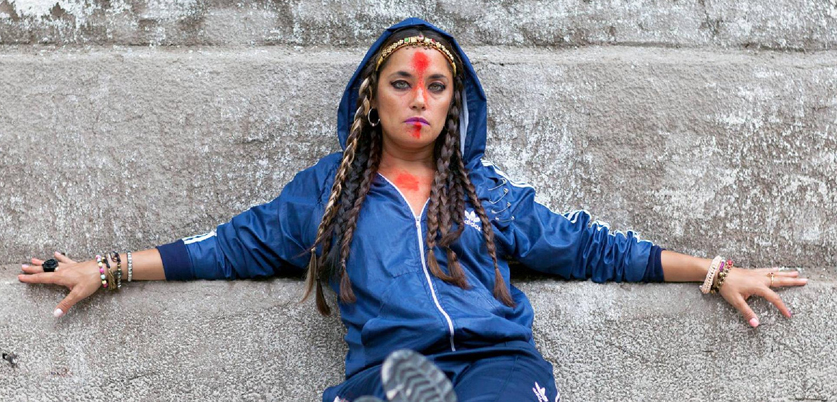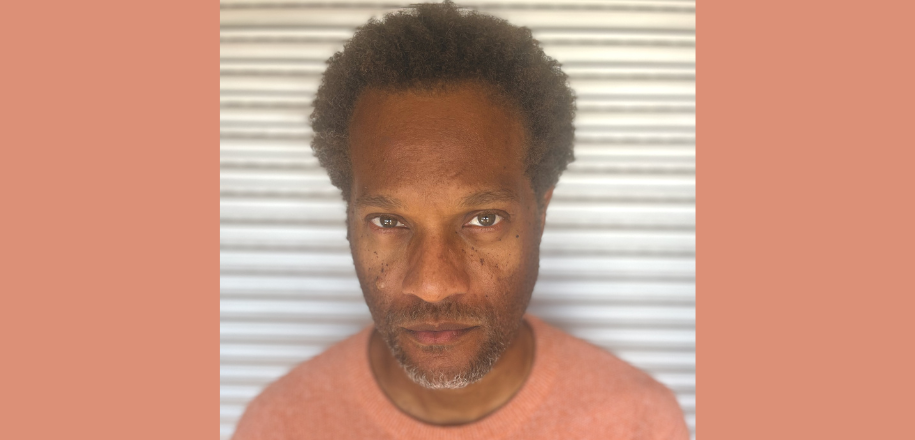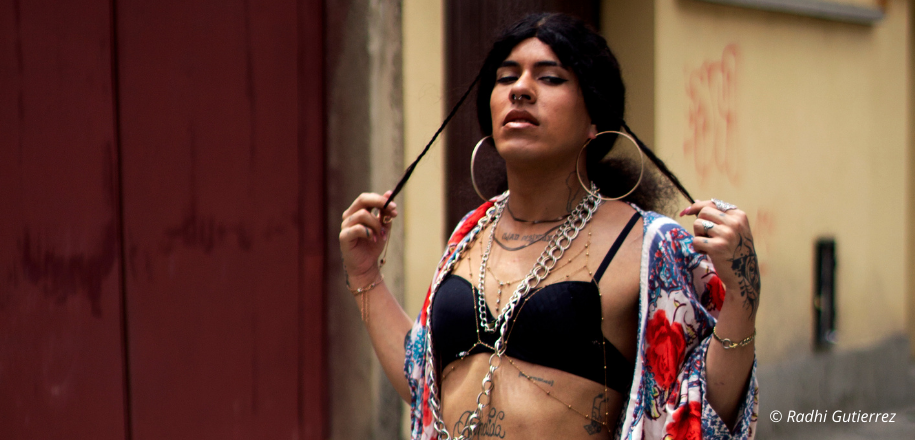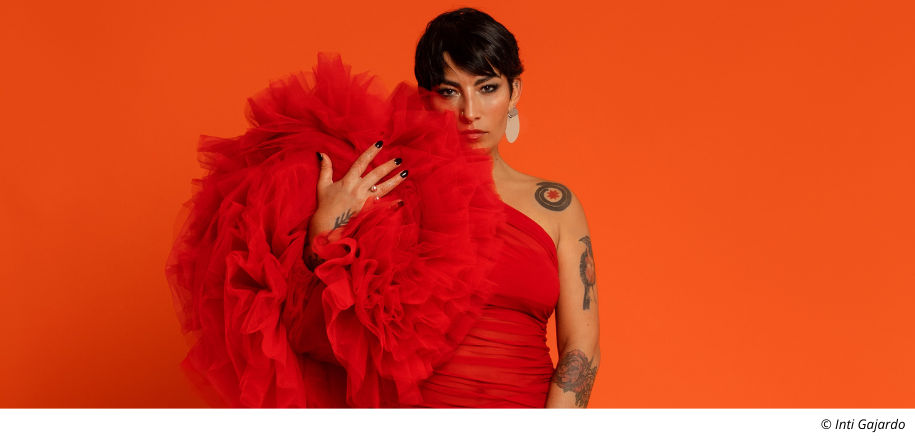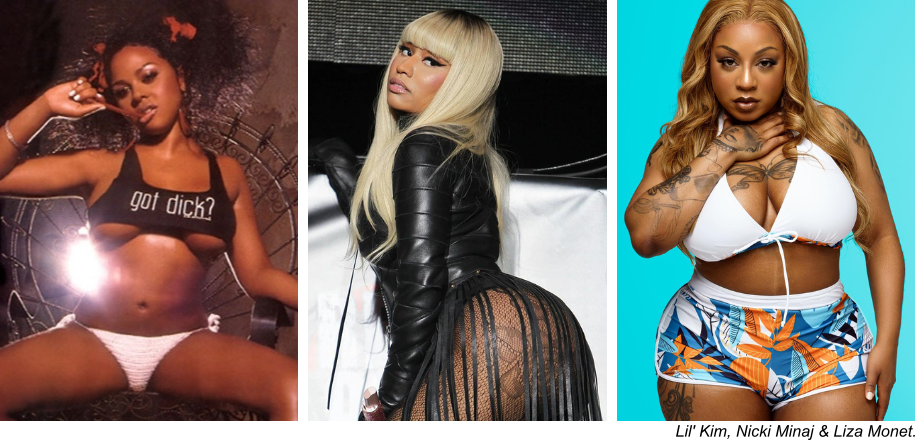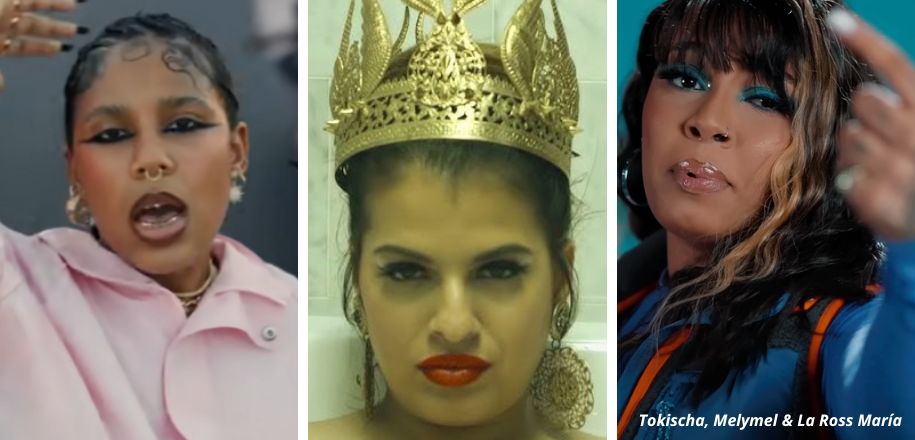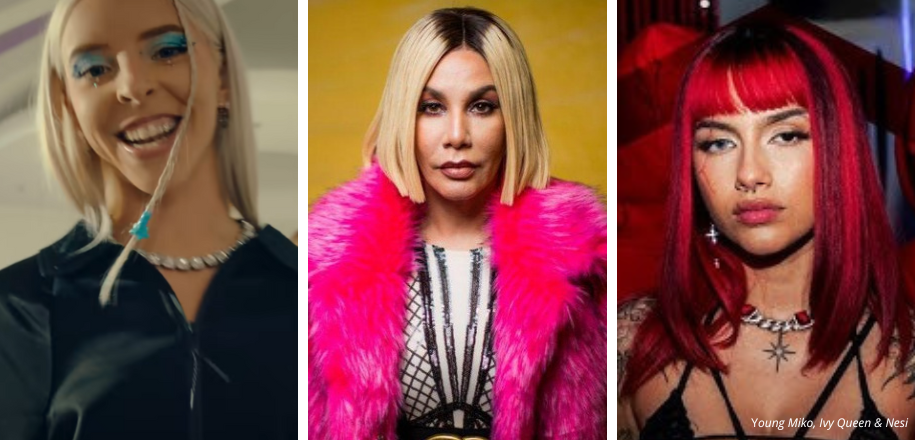Argentinian rapper Sara Hebe spoke to us about political resistance, feminism, and her fourth album, due out in February 2019.
When and how did you discover hip hop?
I discovered hip hop with The Beastie Boys and The Fugees when I was 13 years old, and with Argentinian artists like Actitud María Marta, a 90’s band with strong political content. As a child, I tool take many hip hop dance classes and I began to extend my interest in rap.
When and how did you start rapping and which artists influenced you?
The artists I mentioned before influenced me, also La Mala Rodriguez from Spain. I began to write in 2007 approximately but it was in theater classes when I was studying… Also from dancing.
How would you describe your music to people who never heard it?
I’m not alone and we are a duo with my producer Ramiro Jota. When I’m asked about our music, I say that we don’t define it … We make a kind of rare fusion, that goes from punk to rap and cumbia. We were born in a country of diversity and colonialism, which can be heard in our songs. There are Latin American elements but also all kinds of music. We like all music, we are not purists.
You recently released the track “La noche”. Can you tell us (non-Spanish speakers) what the song is about?
“The Night” (La noche) speaks about leaving without fear, letting go your body and soul, dancing and political resistance. Dancing and occupying the streets. Especially for women, who have been historically oppressed. Now, thanks to the struggle of so many other women, I am strengthening and expanding the feminist struggle.
The song also talks about the desire I have for someone I want to dance with and how we have prejudice against women. It speaks about many things because I can never talk about only one topic in a song…
Would you say hip hop is a political tool? How so?
The personal is political. If I decide to talk about some things in my lyrics and not others, that is a political desicion. I do not think that all hip hop has to be political …. I love trap and lyrics that do not talk about social matters. I think hip hop can be a tool, of course. In fact, it was very important in the history of our marginalized neighborhoods. I also believe that music accompanies social movements, like a soundtrack.
How is the female rap scene like in Argentina?
There are many female rappers. I recommend Kris Alaniz, Sasha Sathya, Negrah Lyah, Dakalachina, Tnxx. There are many women doing great things.
What kind of feminism do you most relate to?
Popular feminism. Not the fashion marks. I also believe that we have a lot to learn from Afro-descendant women and that we should read bell hooks.
Who are your female role models and why?
I try to be the best version of me but I am inspired by many women. Journalists, singers, politicians … Women who made music with passion, women who continue music with passion.
What are your upcoming projects?
My fourth album that will be out in February, xith beats of several producers and a general production of Ramiro Jota. I also want to go to the USA. Could you help me?
What do you think of Madame Rap? What should be changed or improved?
Good, we’ll see you in 2019! We’ll give concerts in France!

